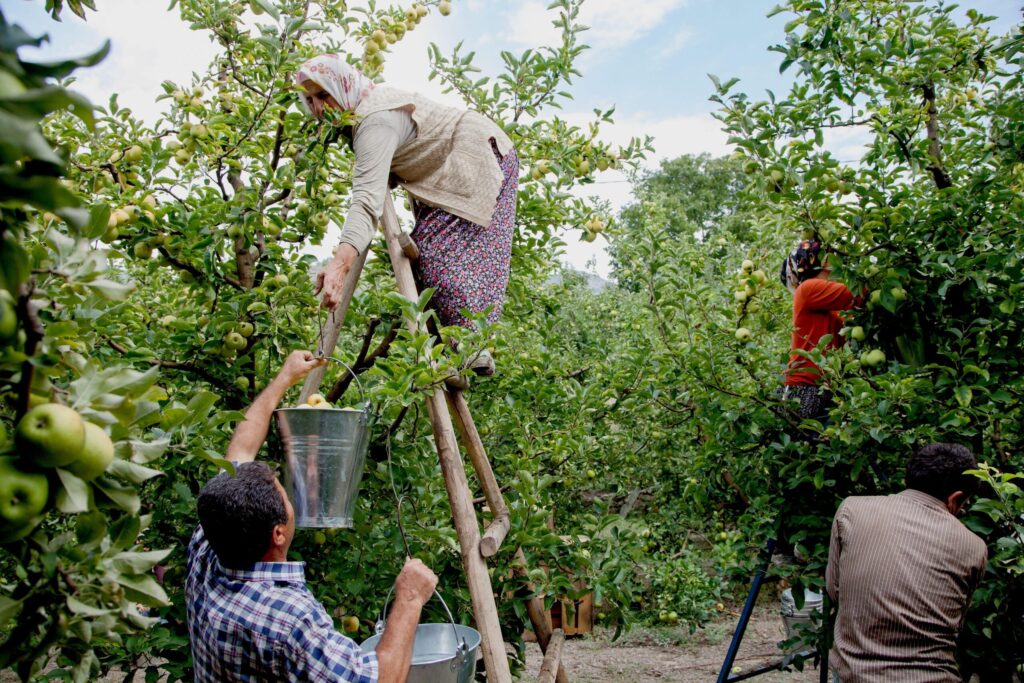Industry and agriculture decline
Construction shows 7% increase
Import growth a ‘serious problem’
Turkey’s economic growth slowed in the first quarter of the year, as declining activity in industry and agriculture offset expansion in other sectors, notably construction and information and communications.
Gross domestic product expanded 2 percent year on year in the first three months of 2025, according to data issued by the state statistics agency Turkstat on May 30.
The first-quarter result was the worst since the third quarter of 2020, at the peak of the Covid pandemic, when the economy contracted 10 percent.
Underpinning growth in the first quarter was a 7.3 percent increase in the construction sector. In part that was driven by ongoing work to replace housing and infrastructure destroyed in the twin earthquakes that struck southern Turkey in February 2023.
Other strong performers were the information and communications sector. It posted year-on-year growth of 6.1 percent. The professional, administrative and other services segment reported a 4.1 percent expansion.
Much of this growth however was countered by a 2 percent decline in agriculture, and a 1.8 percent drop in industrial activity. Both sectors are set to post further retreats in the second quarter.
Turkey’s agriculture was hard hit by frosts in April. Losses of some crops are estimated at up to 50 percent, and total damage put in excess of $535 million. Further losses to grain crops due to drought in some regions are forecast, factors that are likely to push up prices.
The situation for industry is even more concerning, according to Ayhan Zeytinoğlu, the head of the Istanbul-based Economic Development Foundation and chairman of the Kocaeli Chamber of Industry.
The economic contraction is deepening as the government’s two year-long tight monetary policy continues. Inflation in April was 37.9 percent, marginally down from the 38.1 percent posted the previous month, according to the Turkish statistical institute.
The authorities are seeking to curb credit flows and lower the rate of price increases by deploying high interest rates, currently at 46 percent.
Zeytinoğlu said the chamber’s own research was more up to date and he believed “the shrinking in industries” was much higher than the 1.8 percent announced by the government.
“This may not be apparent yet, but producers are in real trouble. The government wanted to cool the economy – that is understandable – but it has taken too long.”
Also of concern to the government will be the net fall in exports. They dipped by 0.1 percent across the quarter, compared to a 3 percent increase in imports. This signals a failure of efforts to drive growth and rein in appetite for foreign goods and services.
One cause of dwindling exports is the artificially high value of the lira against other major currencies, says Zeytinoğlu, further compressing demand for local goods.
“As these figures show, growth through exports is not happening and indeed, with the rate of foreign currency, is leading to growth in imports. This is a serious problem.”



